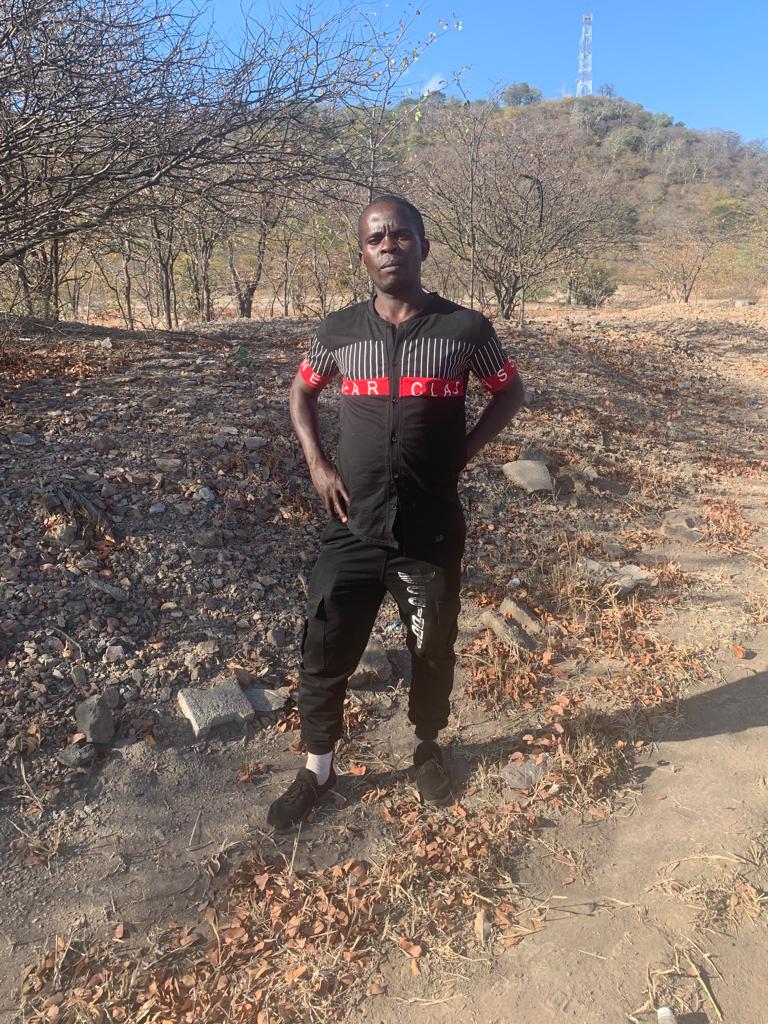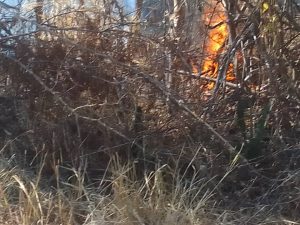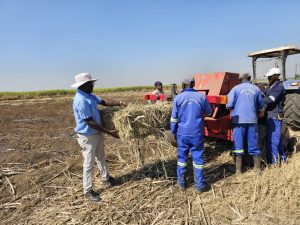Mary Mundeya
Nollen Muleya of Mtunya Township in Hwange was 28 years old when he moved from his native village of Siyachilaba in search of greener pastures, little did he know that in the few years that would follow, his life was going to change forever.
Two months after relocating to Mtunya, the optimistic Muleya enrolled for a carpentry course at one of the nearby vocational training centers.
There, the now 34-year-old met two man in their early 30s who introduced him to a clandestine way of earning money. It involved killing elephants and harvesting their ivory.
In 2017, Muleya was arrested for illegal possession of ivory and sentenced to 9 years in prison.
Nollen is among thousands of Zimbabweans who for one reason or the other ended up on the wrong side of the law and had to pay for it dearly.
Speaking to EnviroPress, Muleya said when the idea of becoming a poacher was first introduced to him, he saw it as an easy way of getting quick cash compared to the menial carpentry jobs he would get here and there.
“Becoming a poacher sounded like an easy and quick way of getting money for me. As much as I was getting a bit of cash from the carpentry jobs, I was doing for local villagers, the income would come here and there and wasn’t enough for what I wanted,” he said.
One day, Muleya and a colleague (name withheld for ethical reasons) set out into the Hwange National park to collect a stash of ivory they had left hidden seven days earlier after they had a narrow escape from regulatory authorities.
“My colleague and I left home during the wee hours of the night and managed to collect our ivory stash from where it was hidden with no problems. As we were walking, my heart was overjoyed at the fact that my colleague was going to introduce me to the ivory buyer.
“We walked for a very long distance until we reached a train stop point at which we were to board the train to Bulawayo where we were going to meet the buyer. Little did we know that we were being followed by detectives who ended up arresting me after my colleague managed to flee,” Muleya said.
The events that followed after he was handed a nine-year sentence made Muleya realize the importance of living within ones’ means whilst observing the law.
After serving four and half years at Khami Maximum Prison, he was released in 2021 through a presidential amnesty programme.
As much as life is no-longer the same for him, Muleya has not lost hope.
Recently, he embarked on a new journey of raising awareness against wildlife crime, a move that has seen him receiving support from organizations like the Community Action for Wildlife Conservation Trust.
“ As a way of correcting what I did and making sure that people from the community I live in do not end up in prison like I did, I have dedicated my life to raising awareness to the dangers of wildlife crime.
“I am grateful for the support that different organizations and individuals have been giving me. Through my activism, I have realized that coming up with innovative legal ways from which communities earn a living from their natural resources will go a long way in curbing wildlife crime,” said Muleya.
He said it was now his dream to not only talk people out of engaging in any wildlife or environment-related offences, but to actively engage in community- based solutions on sustainable natural resource management






